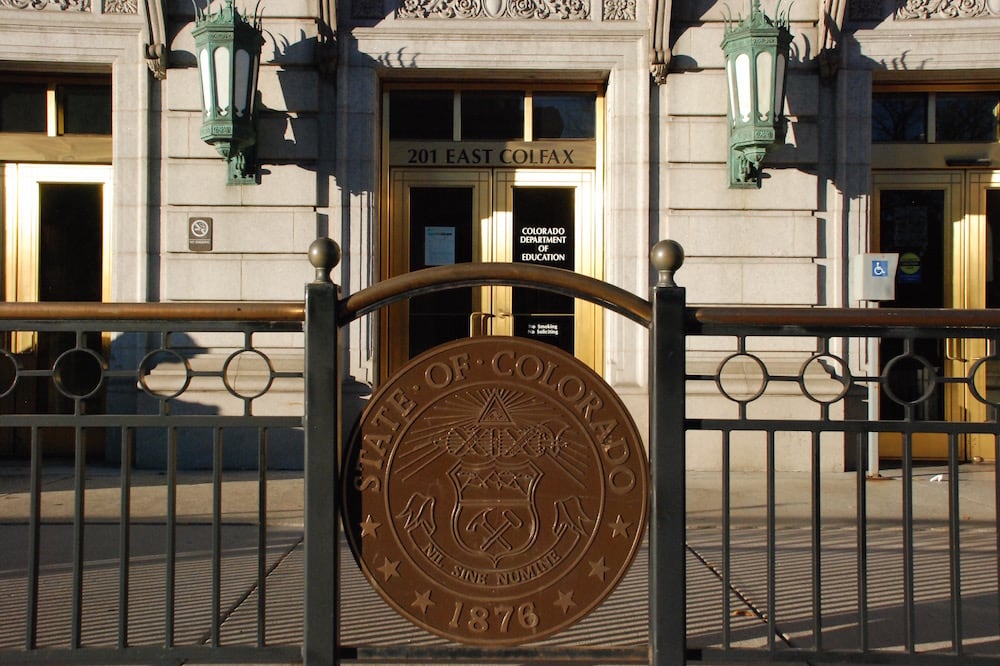A veteran educator who represented Denver on the State Board of Education for the last six years won’t appear on the primary ballot.
Incumbent Val Flores failed to win enough votes during last month’s Democratic assembly.
Candidates for office in Colorado have two ways of getting their names on the ballot. They can gather signatures or try to win delegates at county caucuses and the state assembly. Flores opted for the latter path but was not successful.
Flores said coronavirus put a damper on assembly participation, with many older delegates put off by the online format.
“We were short by a few points,” she said.
Flores had been preparing for a three-way primary in June. Flores was elected in 2014 with union support against a better-funded candidate supported by backers of education reform. But in February, the Colorado Education Association, the state teacher’s union, endorsed one of her challengers, Lisa Escárcega.
Escárcega is a former school psychologist and district administrator who leads the state association that represents school administrators. The other candidate on the ballot is Donna Morganstern, a retired data analyst and accountability manager for the Colorado Department of Education. With Democratic dominance in Denver, the June primary almost certainly will decide who will serve next on the State Board.
Flores struggled at times to advocate for her views on the State Board. She has a tendency to go on tangents and would be chided by the board chair.

Flores said she’s proud to have worked to require more training for teachers in reading instruction and teaching English language learners during her time on the board.
The state board appoints the commissioner of education, sets state standards, and handles charter school appeals, requests for waivers from state regulations, teacher licensure, and the administration of many grants approved by the legislature.
The state board also oversees improvement efforts in districts and schools that have struggled to raise student achievement for years on end.
Flores is a critic of standardized tests and the state accountability system. She said Monday that she remains concerned that the state approach to struggling schools is too punitive.
“I’m still concerned that we’re going after schools that we should be helping,” she said. “You need something beyond just a standardized test, or it’s always going to get poor kids.”
Of her successor, she said, “I hope they pay attention to equity, and equity and standardized tests don’t go together.”






